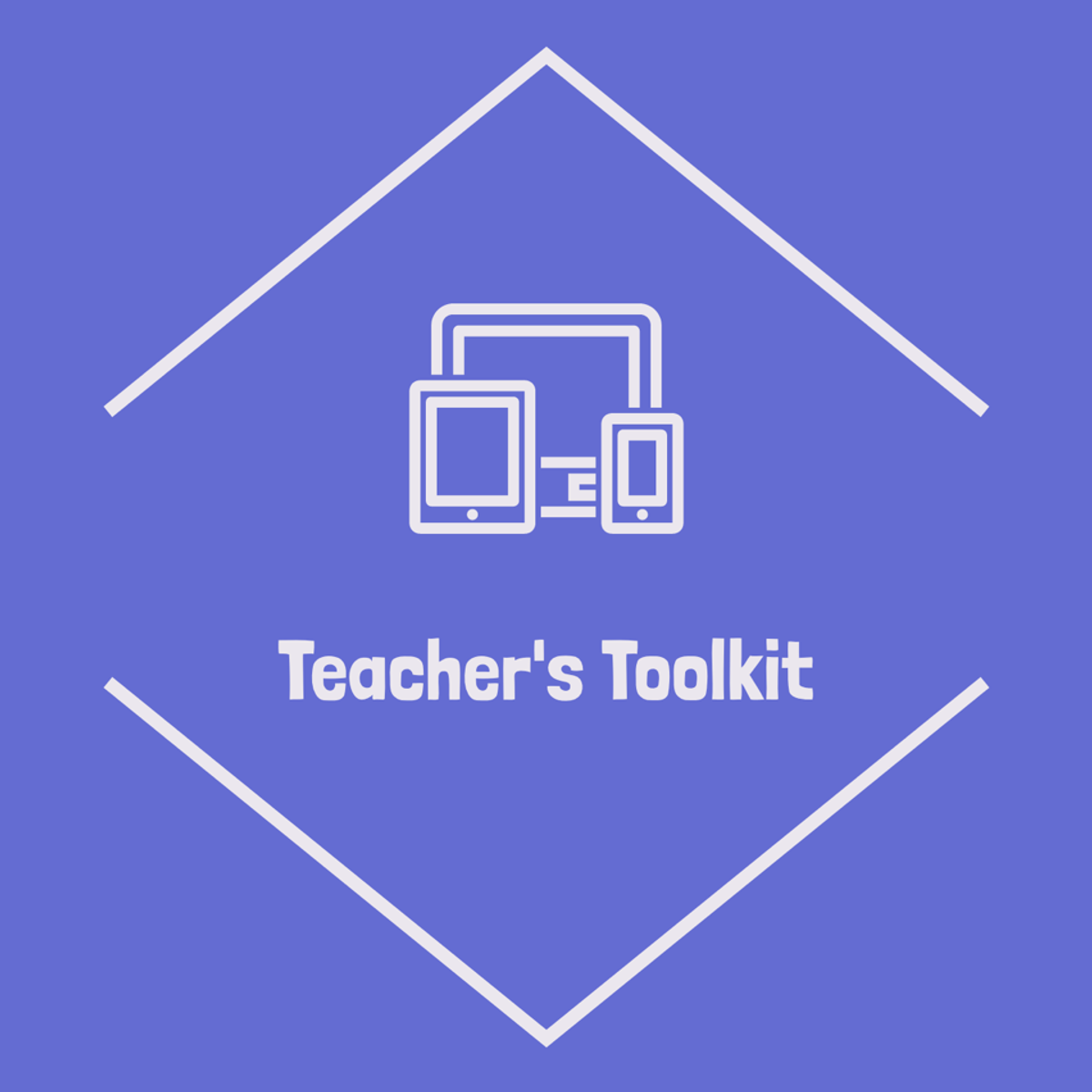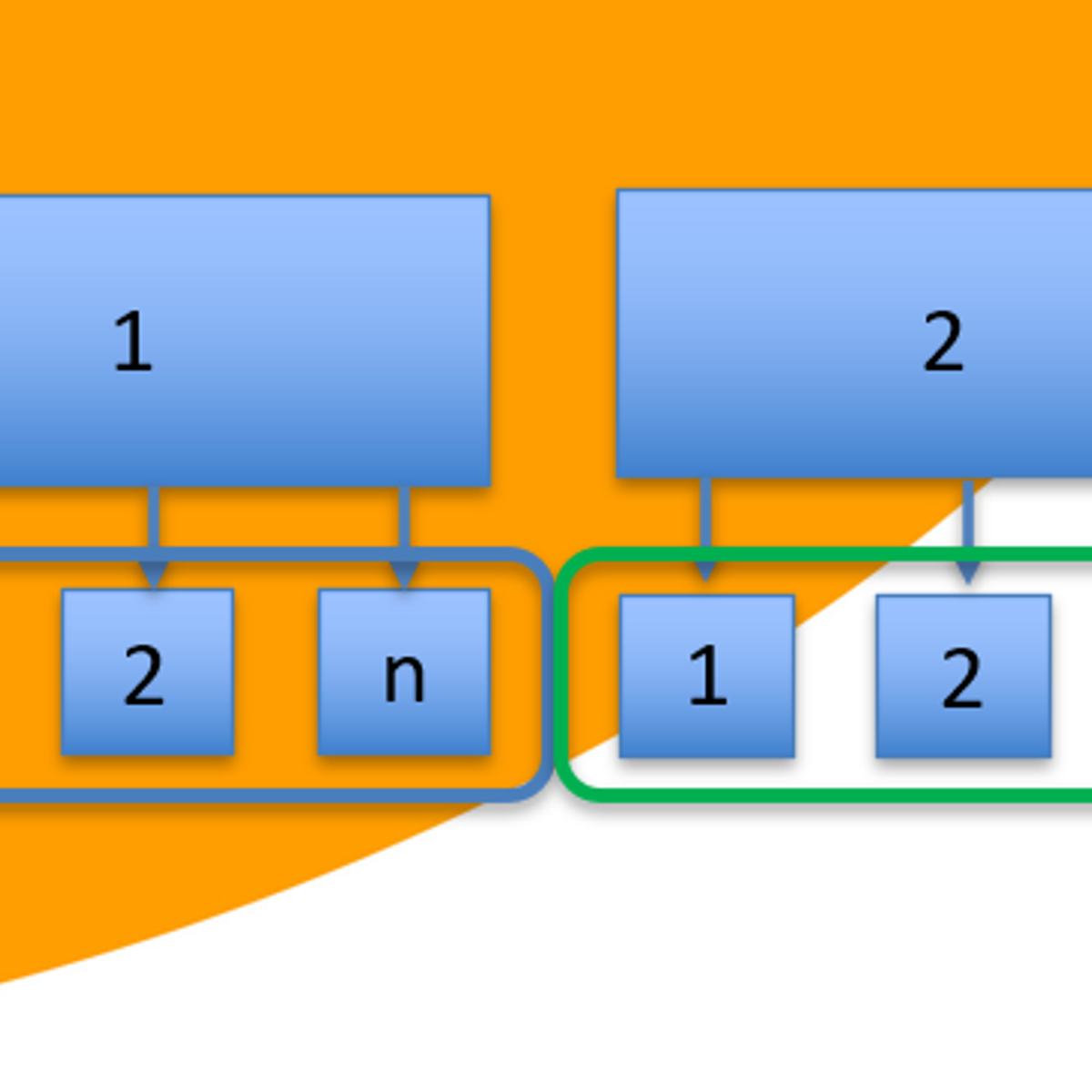Back to Courses









Education Courses - Page 5
Showing results 41-50 of 264

Advanced Instructional Strategies in the Virtual Classroom
Welcome to Advanced Instructional Strategies in the Virtual Classroom! This course will help you apply strategies to the critical areas of K-12 virtual instruction to significantly impact virtual education. We will examine the pitfalls beginning teachers run into and learn how to overcome them by focusing on the fundamentals that have the greatest impact on student learning in a blended or online environment. By the end of the course, you will be able to empower your students to be voracious learners who are ready to go out and make the world a better place to live.
Upon completing this course, you will be able to:
• Identify the role of direct instruction within a virtual course.
• Establish direct communication and meaningful relationships with your students.
• Use instructional strategies that motivate and challenge your students to think more critically.
• Define at-risk students and examine effective strategies for teaching this demographic.
• Build an inclusive and thriving online community with students, parents, and other teaching professionals.

Operational Research for Humanitarians
Evidence is central to good decision-making both in the humanitarian sector and beyond. Every day, a vast amount of evidence is generated that is relevant to humanitarian actors, much of it through research by academics and practitioners. This evidence can be incredibly valuable. It can help us better understand a situation and make humanitarian action more effective and accountable. The difficulty comes with understanding what evidence is relevant to our circumstances, where to find it, and how to assess its quality.
This course will provide you with the fundamental knowledge and skills to answer these questions and help you better engage with research. It has been developed with you - a humanitarian professional or junior researcher - in mind. The course moves through the core research concepts one-at-a-time and does not require any prior knowledge or experience. We encourage all of you to plan your own learning journey by using this MOOC in a way that is most useful to you.
Content highlights:
• How can research be used for humanitarian practice?
• What are the most appropriate research methods?
• How can I judge the quality of the evidence and whether it is applicable to the context I work in?
• How can populations in a situation of vulnerability be protected during a study?
This course - co-developed in a partnership between academic and humanitarian institutions - is strongly positioned to give you the needed skills and knowledge to build a bridge between research and practice.
We hope that this course will change your perspectives and improve your knowledge and, ultimately, make humanitarian responses more evidence-based. Enjoy!

Learn to Teach Java: Writing Classes and Arrays
Learn to program using Class design and 1-D Arrays in Java, and prepare to teach others using the free, online interactive CS Awesome textbook. In this course for teachers we'll guide you both in learning Java concepts and skills but also in how to effectively teach those to your students.
This course will support you in teaching the Advanced Placement Computer Science A course or a similar introductory university-level programming course. We'll cover the critical Java concepts of class design and 1-dimensional arrays, as covered in the APCS A Units 5 and 6. Each topic will begin by relating Java to block-based programming languages and then provide video overviews of CS Awesome content along with additional materials to supplement learning for your students.
You'll engage with additional materials to support your teaching including "deep dive" classroom discussion questions, assessment overviews, code tracing and problem solving skills for your students, including preparation for free response coding questions.

The Challenges of Modern Caregiving
Care workers are occasionally lauded as “heroes” of society, but the special challenges they face are not fully understood. This course examines how the organization of care has changed in modern times and the dilemmas those developments pose to helping professionals. Among the questions it engages are: How does the meaning of care change when it is performed outside the family? Do bureaucratic systems discourage individuals from taking responsibility for others’ suffering? How do care professionals manage their emotions and those of their clients? Can and should care work be rehumanized? In addition to helping learners develop informed responses to these pressing issues, The Challenges of Modern Caregiving will give students the chance to learn a method that identifies gaps in existing care systems.

ADHD: Everyday Strategies for Elementary Students
This course will provide an overview of ADHD diagnosis and treatment. Course participants can expect to learn about ADHD as a developmental disorder that begins early in childhood, and participants will also learn about evidence-based approaches for diagnosing ADHD. Following that, two evidence-based treatment approaches (the Daily Report Card and Parenting Strategies) will be introduced. (Note these course activities are informational and are not intended to replace working with a licensed/trained professional).
Learning Objectives: Students will be able to identify the behaviors characteristic of ADHD, the components of a diagnosis, and evidence-based treatment procedures that can be used in the school or home.
1. Identify the key areas of functional impairment, symptom presentation, and diagnostic decision-making for youth with ADHD.
2. Develop a behavioral intervention suitable for treating ADHD in the school setting.
3. Apply effective parenting and teaching strategies for supporting youth with ADHD in the home, classroom, and neighborhood.

Implementing Parent Feedback with Google Forms
By the end of this project, you will have created a parent survey that you can send to your students’ parents at the end of each school year. Continued professional development is important to be the most effective and current teacher you can be. But we do not often receive the feedback we need to keep our growth going.
Through this project, you will be ready to gain valuable feedback from parents, allowing you to discern areas of strength and growth for your future teaching. Using these same skills, you can go on from this project to create surveys to use with your students - especially for those in middle and high school - in order to start the year strong or gain insight for future growth. Feedback can also become a part of your professional portfolio. What better data than feedback from your classroom community?

Severe to Profound Intellectual Disability: Circles of Care and Education
This course is about caring for and educating children (and youth) with severe to profound intellectual disability. We use the idea of 'circles' to position the child at the center of the many levels of support needed. Around the child are circles of care and education - such as the parents, family, friends, caregivers, educators, health care workers and others such as neighbors, business owners and community members. Each one has an important role to play in the life of a person with an intellectual disability and can be seen as a caregiver and educator. Although this course is aimed particularly at caregivers who work at a special centre or in a private home, each person in the circle of care and education plays a valuable role and will find the course useful.
During the course you can gain greater understanding about intellectual disability, levels of severity of intellectual disability and the history of intellectual disability. You will also start to understand how you can support children and youth with severe to profound intellectual disability so that they can reach their full potential and become participating members of society. We look at lifelong learning by exploring brain development, the learning process and how to maximise the opportunities for learning.
With input from a range of experts, we consider how best learning can be facilitated. This includes looking at children’s learning support needs, how to go about planning activities for the learning programme as well as how to empower multiple people who work in a team to care and educate children with severe to profound intellectual disability.
In the last week, we focus on rights, advocacy and relationships of care. Empowering and caring for caregivers themselves is a key focus of the course.
For professional development purposes, you can purchase a Verified Certificate if you wish to show evidence of your achievements, but this is optional, and you can apply for Financial Aid if you are unable to pay the certificate fee.

Foundations of Teaching for Learning: Planning for Teaching and Learning
The Foundations of Teaching for Learning programme is for anyone who is teaching, or who would like to teach, in any subject and any context - be it at school, at home or in the workplace. With dynamic lessons taught by established and respected professionals from across the Commonwealth, this eight course programme will see you develop and strengthen your skills in teaching, professionalism, assessment, and more. As you carry on through the programme, you will find yourself strengthening not only your skills, but your connection with colleagues across the globe. A professional development opportunity not to be missed.
This course will help you consider how to develop appropriate learning goals for individual and groups of students. You will learn how to plan learning activities to engage your students in ways that will achieve these goals.
Enhance your course by joining the Commonwealth teaching community on our website, Facebook and Twitter.

Introduction to Participatory Approaches in Public Health
This course will introduce you to participatory approaches to public health. You will learn about the history of participatory health research and why it is essential to solving contemporary public health challenges. The course will help you to understand the social and cultural context of public health, before introducing you to essential concepts for working with communities: knowledge and power. Finally, you will engage with critical analyses of participatory approaches, to help you to determine if and when such strategies are appropriate. Throughout the course you will analyse real-world case studies of community-based health projects, including historical HIV social movements, public health projects with sex workers, and participatory approaches to the COVID-19 pandemic. The course will equip you to practice public health in partnership with local communities. It is followed by a second course, Applying Participatory Approaches in Public Health Settings, which builds upon the theoretical foundations of this introductory course.

Multilevel Modeling
In this course, PhD candidates will get an introduction into the theory of multilevel modelling, focusing on two level multilevel models with a 'continuous' response variable. In addition, participants will learn how to run basic two-level model in R.
The objective of this course is to get participants acquainted with multilevel models. These models are often used for the analysis of ‘hierarchical’ data, in which observations are nested within higher level units (e.g. repeated measures nested within individuals, or pupils nested within schools). In this type of data causes of outcomes (e.g. the performance of pupils in schools) are located both at the level of the individual (e.g., own and parental resources), and at a higher, contextual, level shared by some of the individuals (e.g. characteristics of the class and of the teacher). Because of this, the assumption of 'independent observations' is violated with hierarchical data, but multilevel modelling can easily account for that. Moreover, multilevel modelling can easily deal with missing data (in most circumstances).
This course is designed and presented by Dr. Joran Jongerling on behalf of the Erasmus Graduate School of Social Sciences and the Humanities (EGSH, www.egsh.eur.nl) of the Erasmus University Rotterdam in the Netherlands. Should you have any questions about the organization or contents of the course, please send us an email at contact@egsh.eur.nl.
Popular Internships and Jobs by Categories
Find Jobs & Internships
Browse
© 2024 BoostGrad | All rights reserved